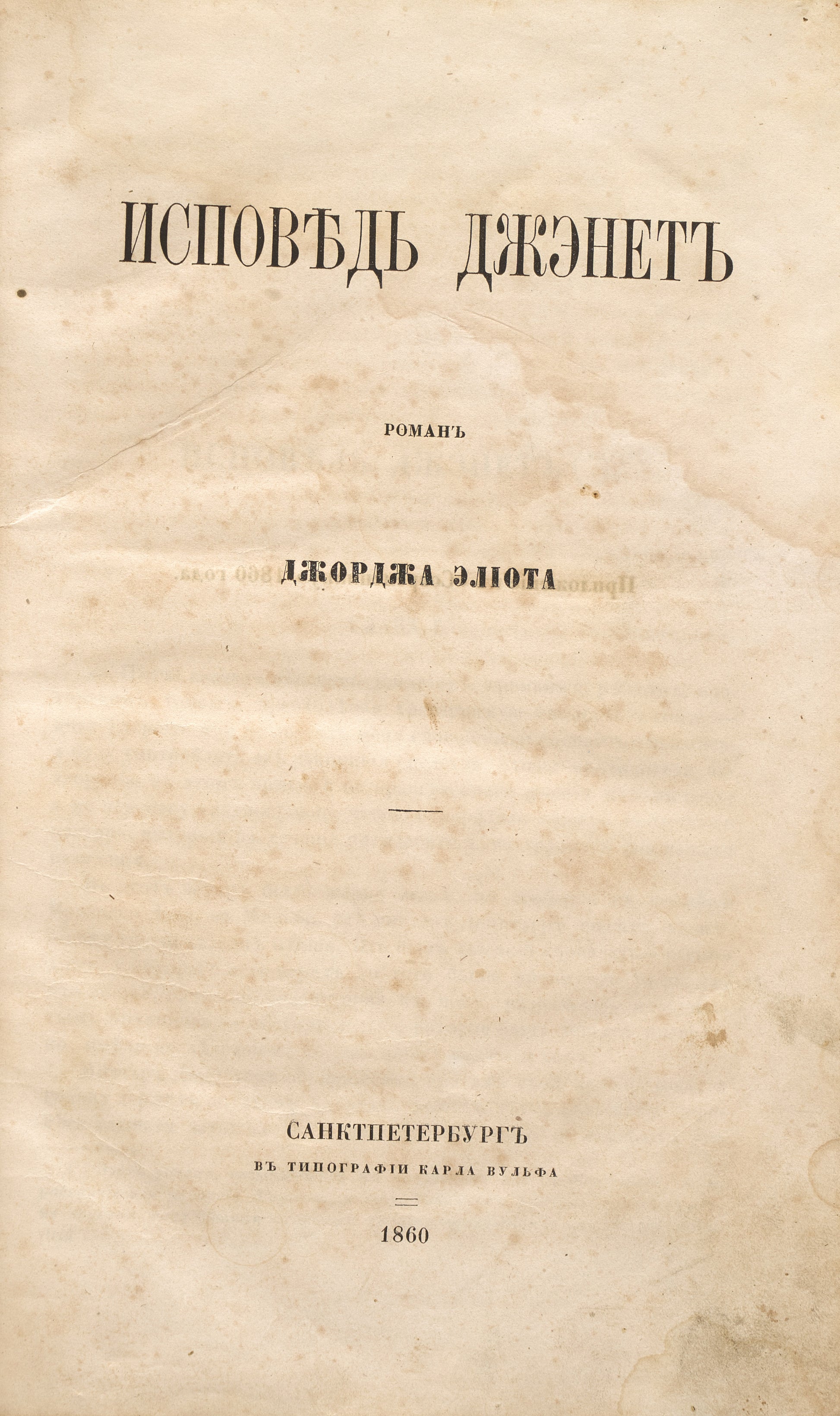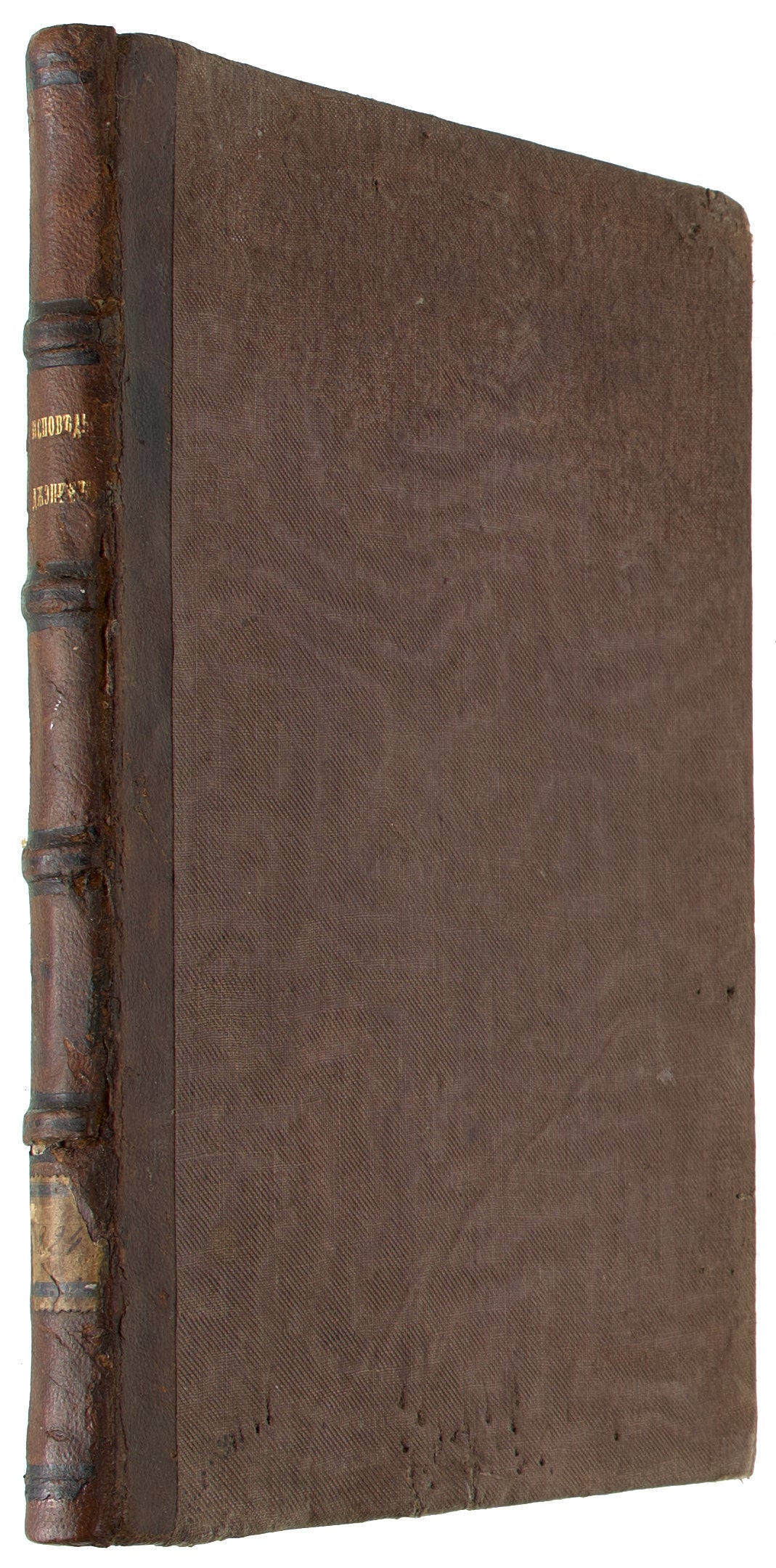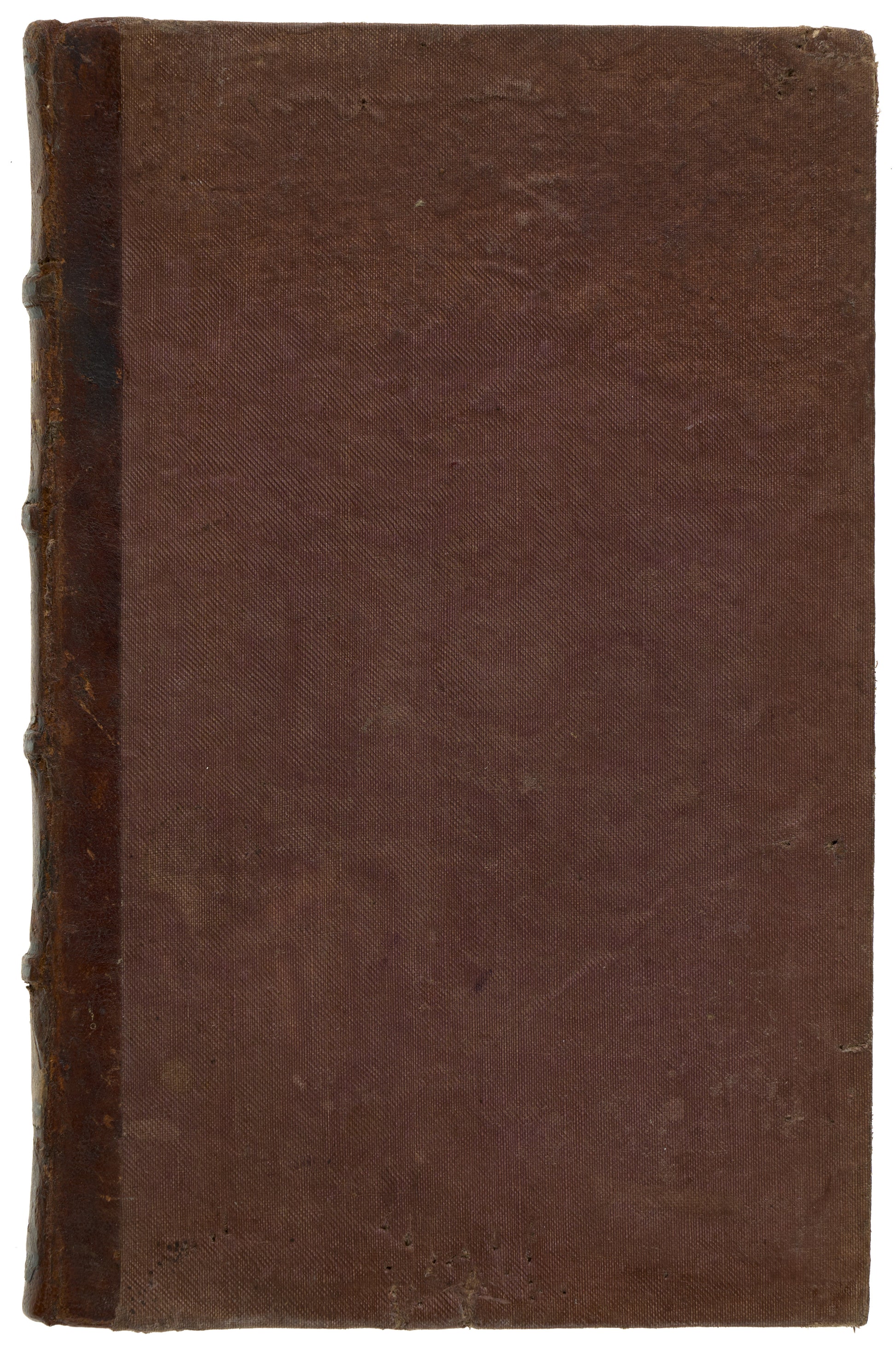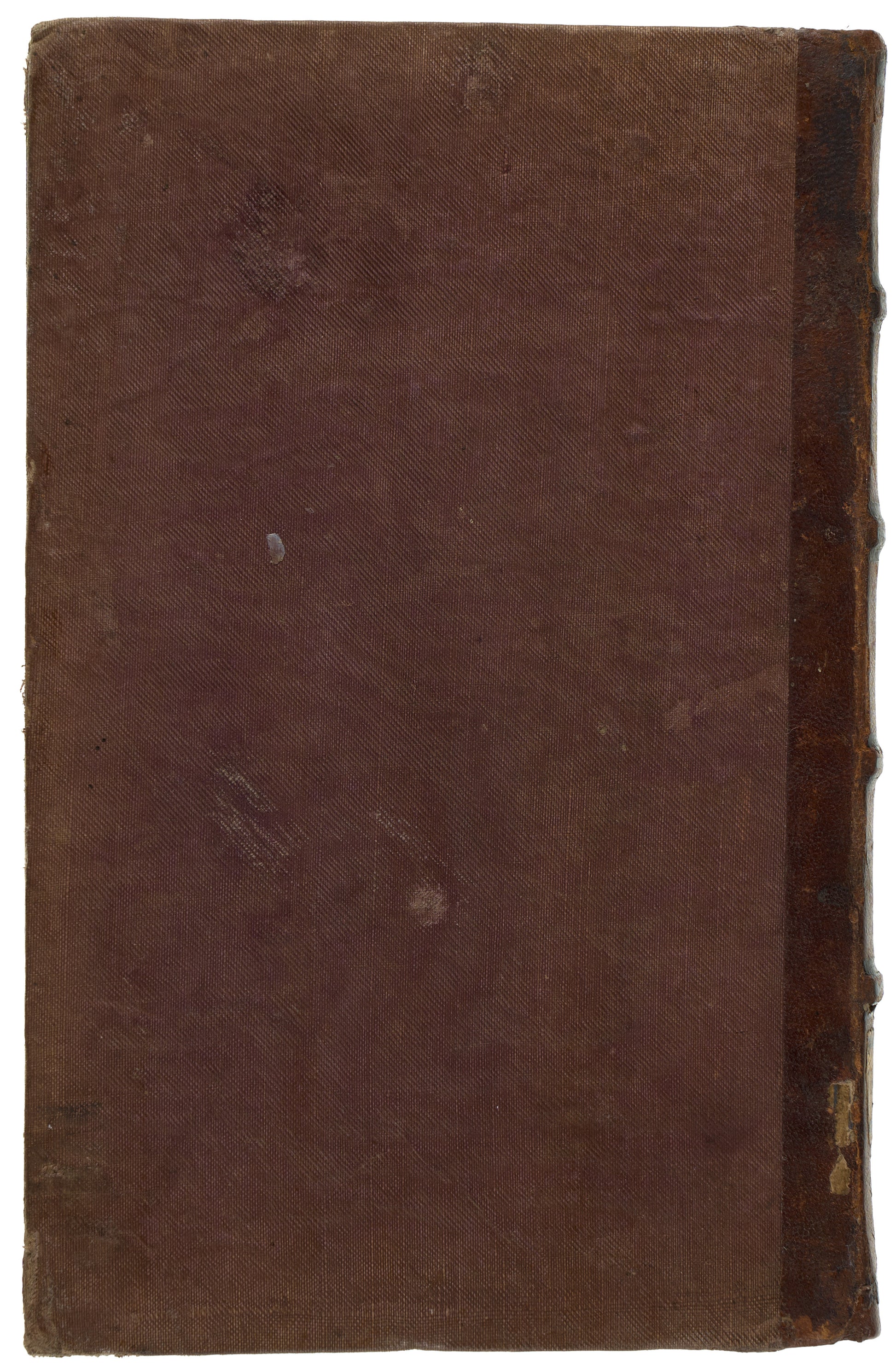Eliot, George
Janet's Repentance. First and only Russian translation of this story.
Janet's Repentance. First and only Russian translation of this story.
Couldn't load pickup availability
Eliot, George [Janet's Repentance]. Ispoved' Dzhenet.
SanktPeterburg, v tipografii Karla Vulfa, 1860.
8vo, 166 pp.
In contemporary half leather and brown cloth boards. Bound with: Heine, Heinrich [Italy: from ‘Travel Pictures’]. Italiia : iz "Putevykh kartin". 62, 52 pp.
Professional restoration to spine, lightly rubbed, traces of private library label to spine, worm tracks to front cover, dampstaining to pages, scattered foxing.
First and only Russian translation of this story.
The first book by George Eliot (Mary Ann Evans; 1819-1880) to appear in Russian was an anonymous translation of her debut novel, 'Adam Bede', published in 1859. Remarkably, this was not only the first of Eliot’s works to be translated into Russian, but also the very first translation of her writing into any foreign language—just shortly after the novel's original release in London. 'Adam Bede' went on to become Eliot’s most frequently republished work in Russian.
The following year saw the appearance of another translation of ‘Adam Bede’, as well as translations of ‘The Mill on the Floss’ and stories from Eliot’s early collection ‘Scenes of Clerical Life’(1857). A Russian version of 'Janet’s Repentance', again published anonymously, appeared as a supplement to the journal 'Sovremennik' ('The Contemporary'). The other two stories from the collection—'The Sad Fortunes of the Rev. Amos Barton' and 'Mr. Gilfil’s Love Story'—were published as a supplement to another leading journal, 'Russkii Vestnik' ('The Russian Messenger'). However, as far as we know, these two translations were never issued as standalone books.
It is worth noting that most of George Eliot’s novels were published in Russian the same year they appeared in English, suggesting that she had a well-established readership in Russia. Judging by the number of editions her works went through, no other English author—apart from Dickens—enjoyed such popularity.
It is well known that Leo Tolstoy maintained a lifelong interest in George Eliot’s work. He mentioned her frequently in his diaries and letters, and several of her novels have survived in his personal library, bearing his marginal notes. Of all her writings, 'Janet’s Repentance' made perhaps the strongest impression on him—some scholars believe it may have served as inspiration for his own story, 'Father Sergius'.
We couldn’t trace any copy of this edition in the USA or European libraries via OCLC.








